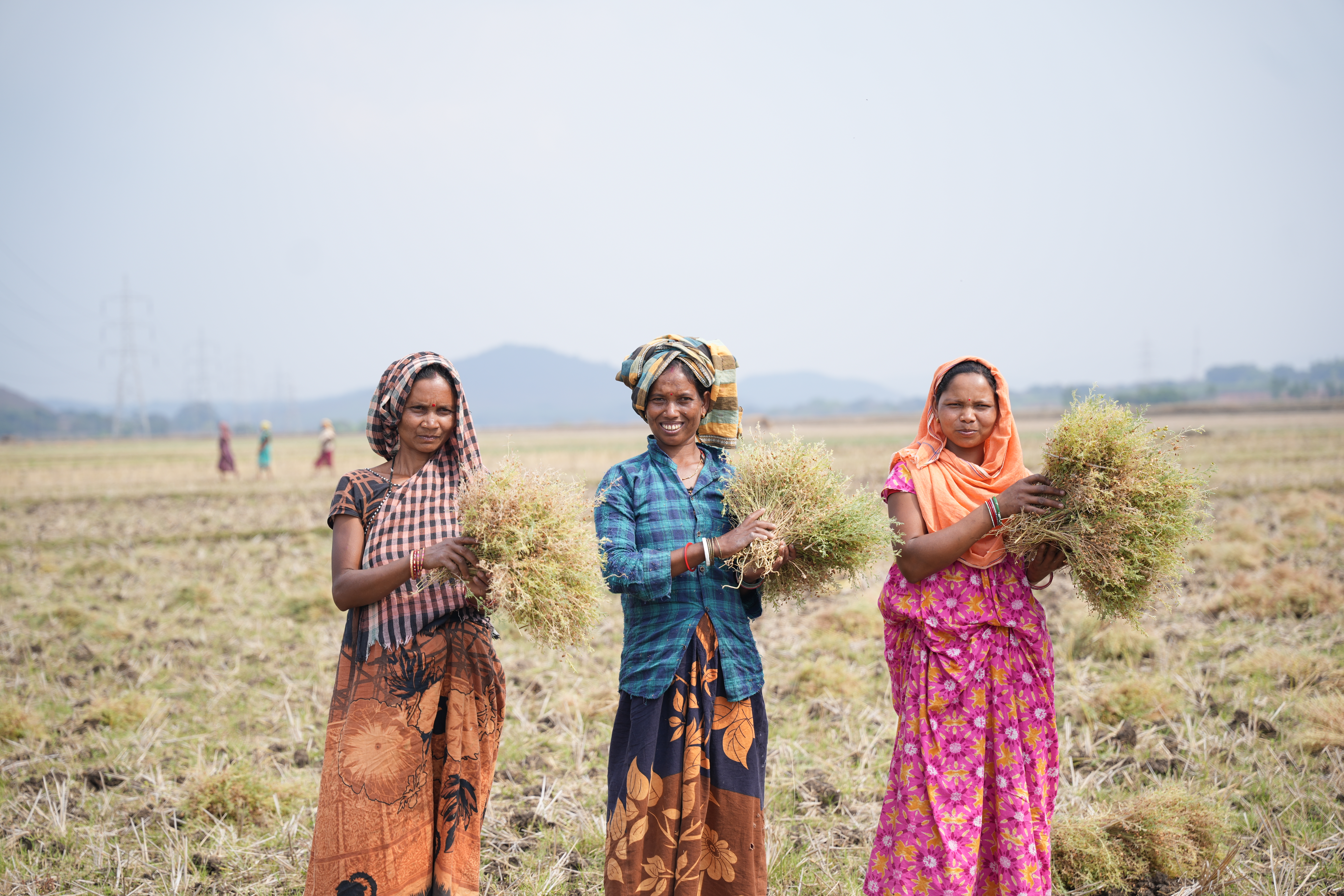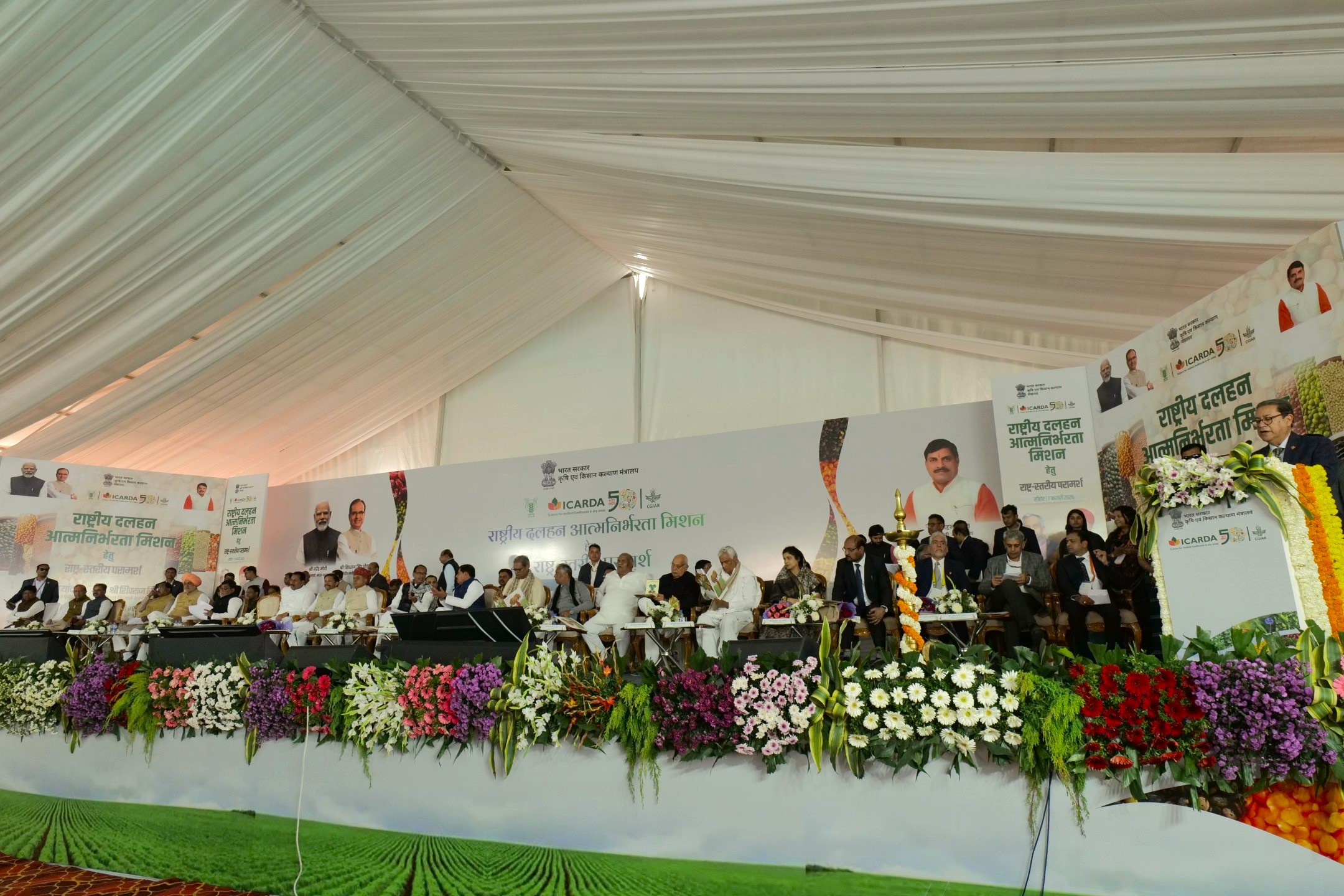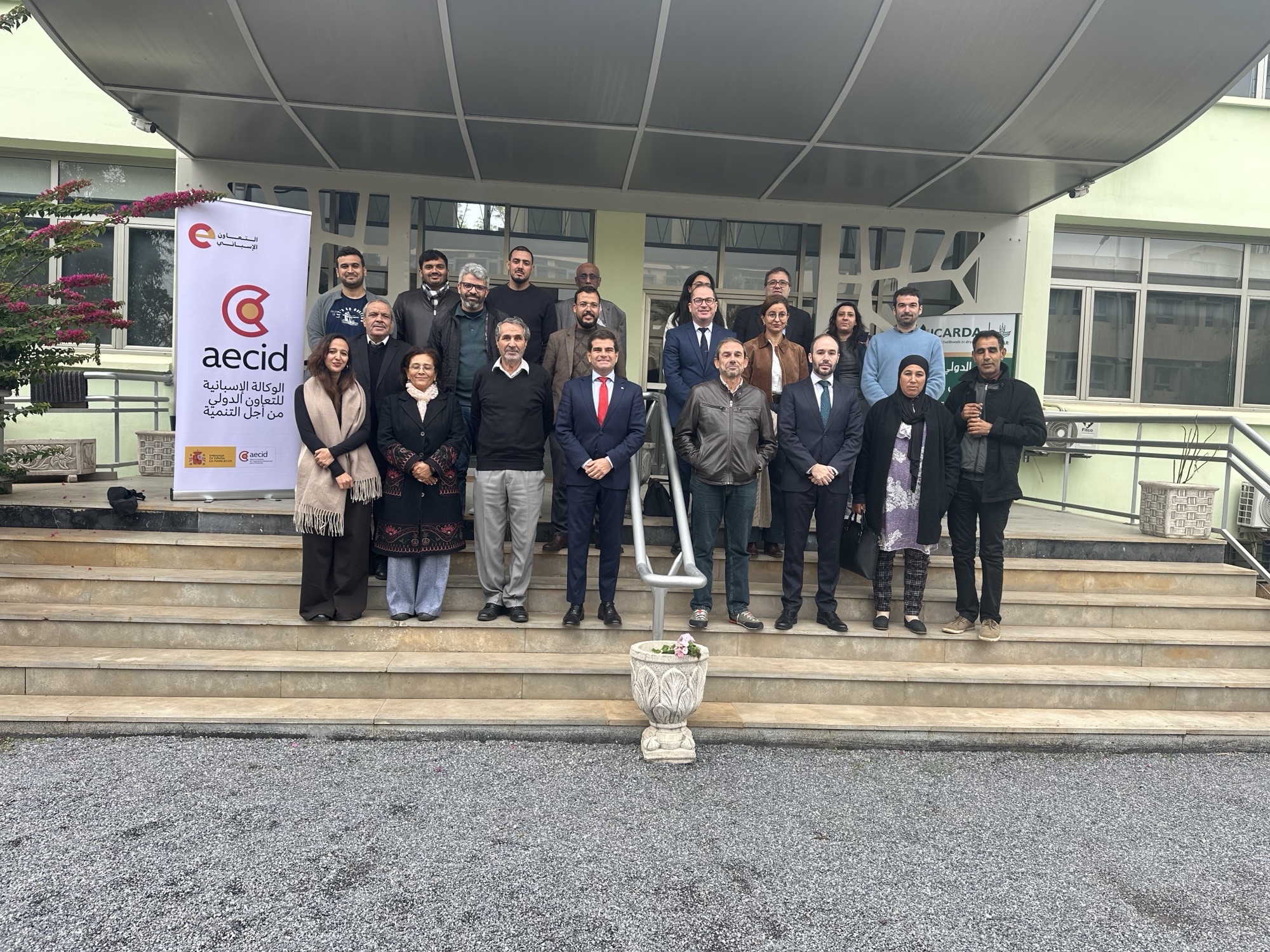An end-of-year message from ICARDA Director General
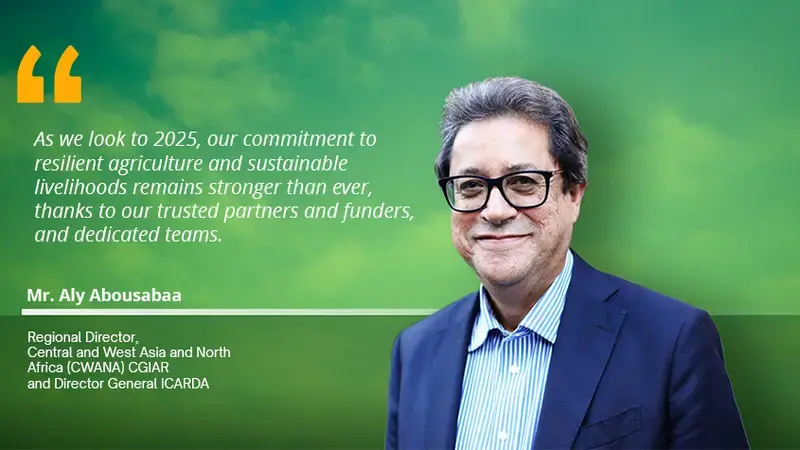
Dear Distinguished Partners, Funders, Colleagues, and Friends of ICARDA,
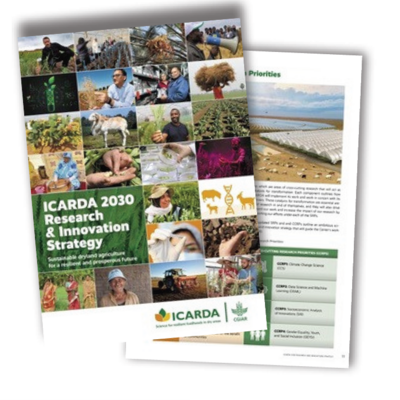
As we conclude another year of productive collaboration, I want to extend my heartfelt appreciation to you, our valued partners and stakeholders, and my ICARDA colleagues, for your role in advancing partner-led and groundbreaking innovations in dryland agriculture.
Your dedication and unwavering support have been essential to our mission of equipping six million small-scale dryland farmers with climate-smart agri-solutions by 2030. In the face of intensifying climate change, rising costs, socio-economic challenges, and regional conflicts, this ambitious target lies at the heart of our 2030 Research and Innovation Strategy, launched in June to sharpen our future focus on climate action while harnessing the rapid technological advances of recent years.
Groundbreaking Innovations and Global Recognition
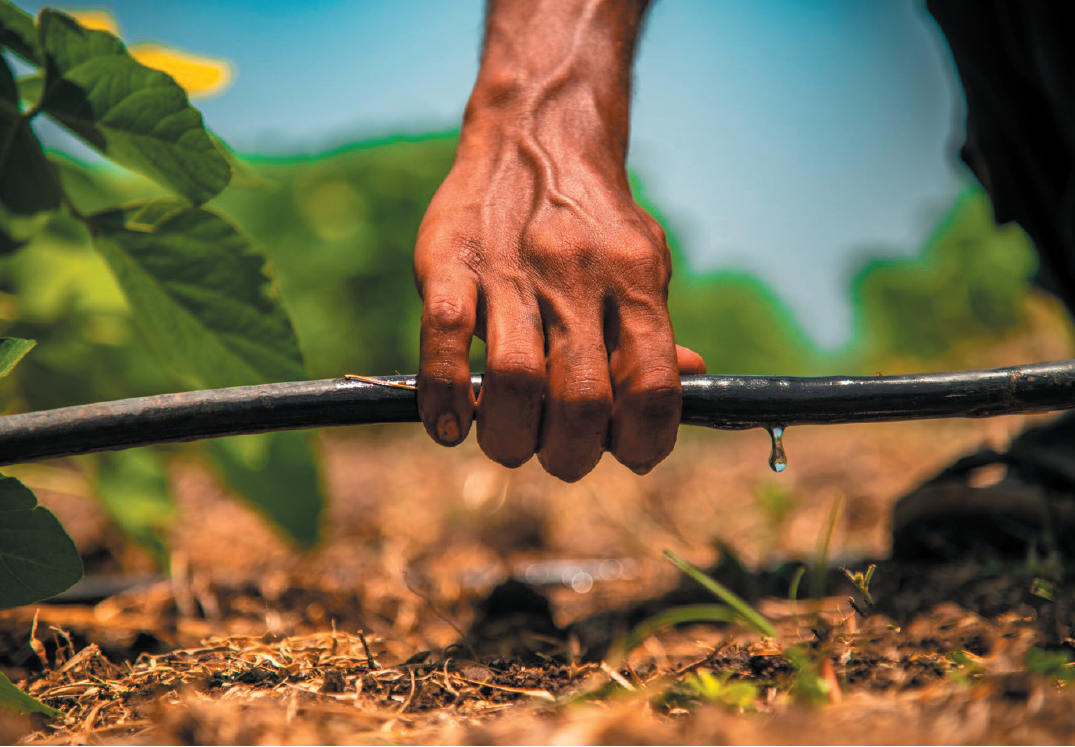
With immense pride, I reflect on the remarkable progress and achievements we have collectively made in 2024, and the global recognition captured. A standout example is our pioneering Water-Energy-Food-Environment Nexus indicator applied in Egypt, which demonstrates the benefits of switching from diesel-powered drip systems to solar-powered Ultra Low Energy (ULE) drippers. This technology reduces greenhouse gas emissions by an impressive 64%, lowering fuel costs accordingly. The project has since been nominated for the 2024 World Water Prize!
Seeds for Life
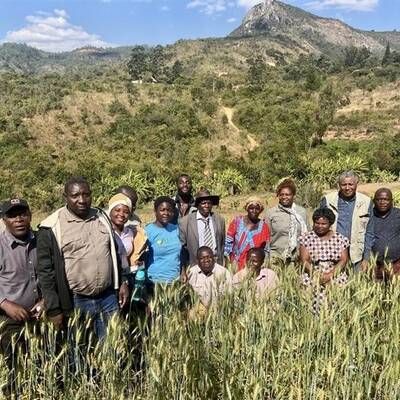
Meanwhile, our extensive work on improved crops continues to reap rewards with our improved bread wheat variety - resistant to heat, drought, and wheat rust - exceeding expectations in Zimbabwe by producing 468,000 tons of wheat from 90,186 hectares since its release in 2022, even in the face continuing climate challenges.
Our expertise in this area also drove the release of a new bread wheat variety in Syria designed for rain-fed agriculture in a region where water is increasingly scarce, and the need for drought-resilient wheat varieties is rising. We hope that this will contribute to a positive future for the country.
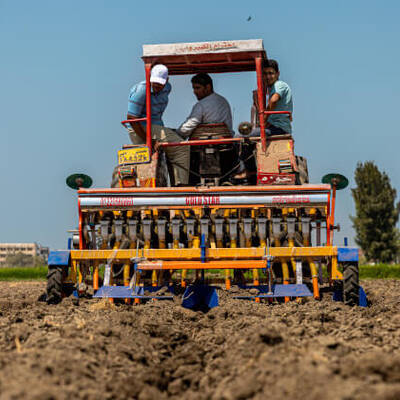
Coupling climate-smart crops with new approaches is proving essential to dryland countries throughout the region. In Morocco, we demonstrated that improved wheat seed integrated with targeted irrigation practices could significantly increase yields. At the same time, an updated, lower-price and lighter version of a Raised Bed Machine that requires less pulling power, will help farmers reap a 30% increase in crop yields, slash farming costs, and significantly reduce water consumption.
ICARDA's Resilience
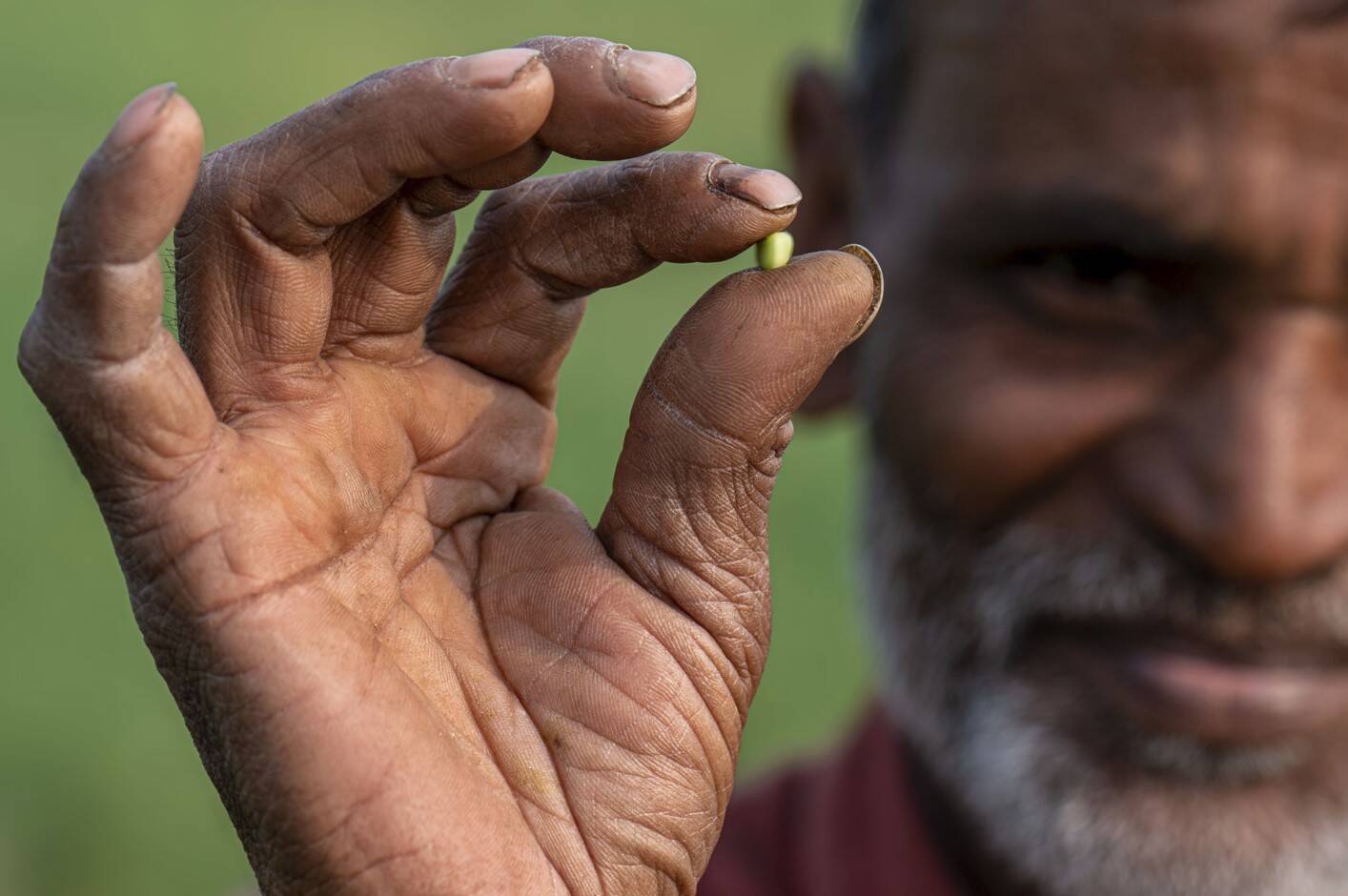
Drawing on ICARDA's past experience in the face of adversity, I'm hugely proud of my team's versatility in navigating ongoing challenges across the CWANA and Middle East region.
Amid a volatile security situation in Lebanon, ensuring the safety and well-being of our staff remains our top priority. Yet our colleagues there had already acted swiftly to secure an emergency backup of genetic resources of 14 crop species sent to Morocco, and another nine to Svalbard – I am incredibly relieved to see the situation stabilizing.
Despite challenging security conditions in several host countries, our International Nurseries (IN) also demonstrated its resilience by maintaining healthy seed increases during the 2023/2024 crop season. This is a critical achievement given the pivotal role that access to seeds plays in well-functioning food systems before, during, and after conflict, and it demonstrates ICARDA’s strength and knowledge in this area.
Stakeholder-led Science
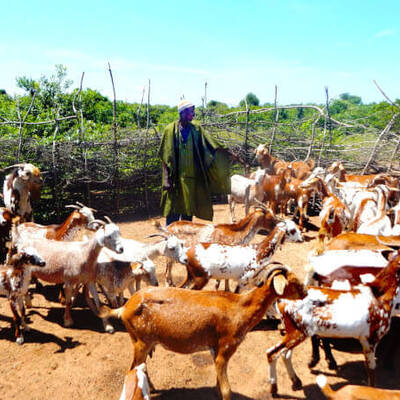
I often emphasize that no organization can address today's complex challenges alone and that agri-research is a collective endeavour that should always begin with farmers’ needs.
Consistent with this collaborative approach, ICARDA is Mali's first community-based breeding program (CBBP) for goats. Launched in 2023, the CBBP is a testament to the value of including farmers right from the outset to ensure our science targets their needs. The project enables small-scale livestock keepers to improve the genetic potential of their goats for quality and sustainable products that enhance their livelihoods, no small feat in a country that hosts the largest herd of small ruminants in the West African Economic and Monetary Union. The project is now gaining interest across the region.
Collaboration and partnerships at the heart of ICARDA's work
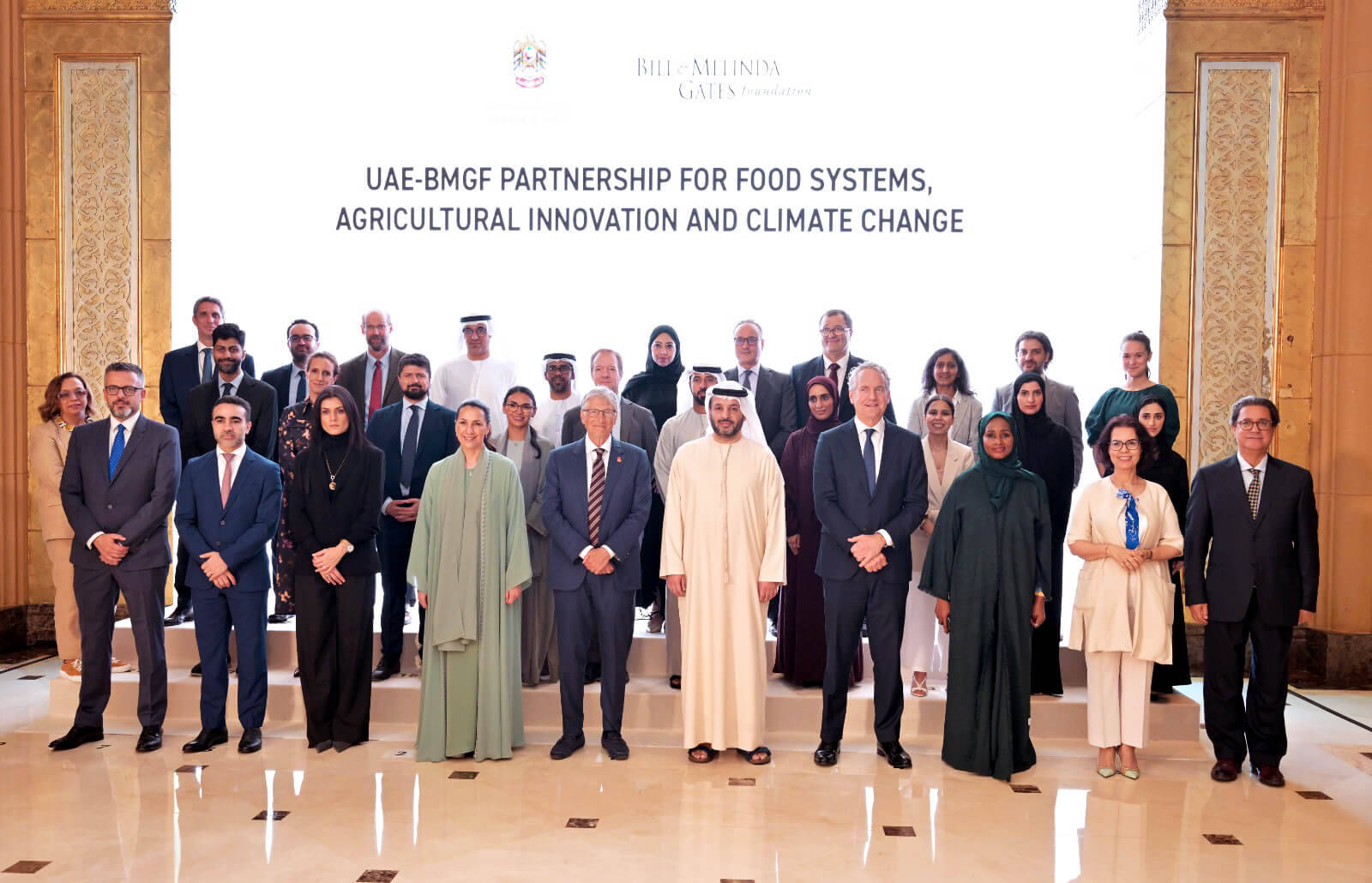
2024 concluded on a high note for ICARDA with our involvement in over 20 events and high-profile speaking engagements at COP29 in Baku, Azerbaijan. On the sidelines of the conference, we engaged with the Gates Foundation and UAE COP29 teams during Bill Gates’ visit to Abu Dhabi to explore further developments for the Red Palm Weevil and Integrated Desert Greening Initiative under the CGIAR Science Program launching in 2025.
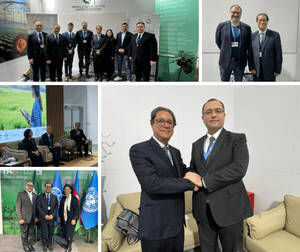
At COP29, ICARDA participated in the endorsement of the COP29 Baku Declaration on Water for Climate Action. The conference also allowed me to explore future collaborations with the Minister of Agriculture of Azerbaijan, H.E. Macnun Mammadiv.
Following this, the 16th United Nations Desertification Conference of the Parties (COP16) in Riyadh, Kingdom of Saudi Arabia, provided a global platform to unveil another key roadmap: the CGIAR Global Strategy for Resilient Drylands (GRSD) that ICARDA co-leads with the International Crops Research Institute for the Semi-Arid Tropics (ICRISAT). The strategy leverages five decades of collective agri-expertise from CGIAR's global research centres and its vast network of partners and stakeholders to ensure we stay ahead of climate change and deliver a resilient and prosperous future for dryland communities worldwide.
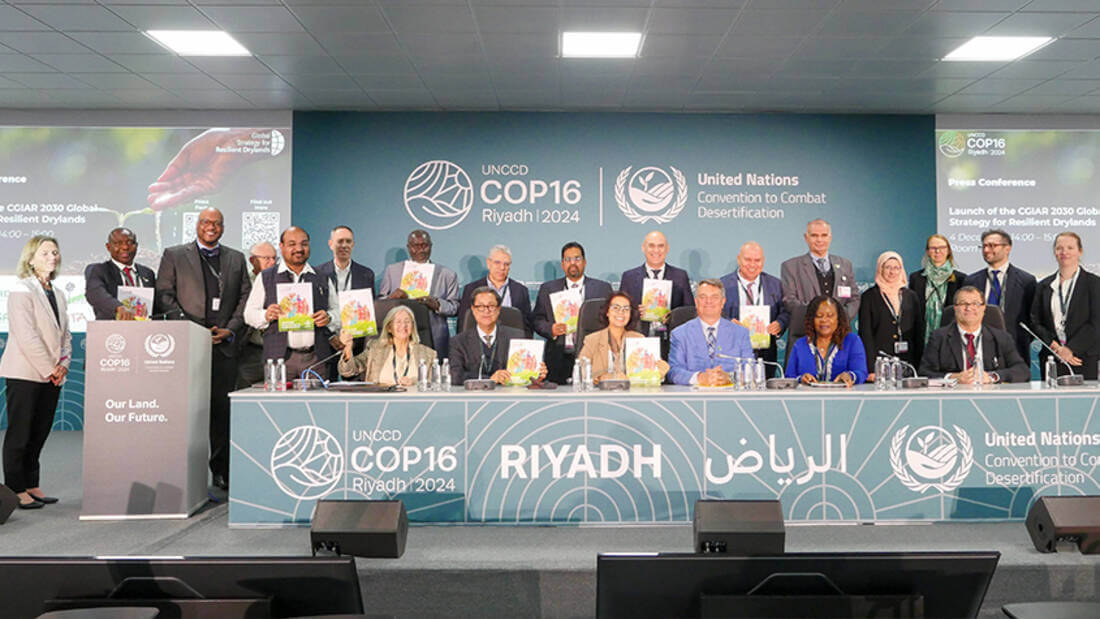
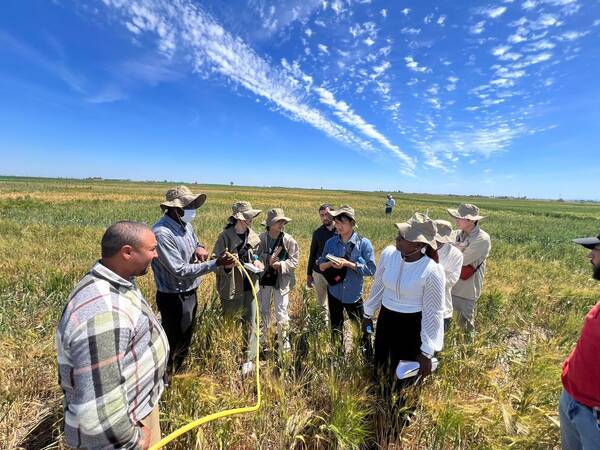
A few months earlier, in line with my commitment to nurture the next generation of global agri-experts, we invited a delegation of Master's students from Tottori University in Japan, a longstanding partner of ICARDA, to visit the Institut National de la Recherche Agronomique (INRA)-ICARDA Rainfed Research Platform in Morocco and explore ICARDA's agri-innovations and research firsthand.
We also advanced our capacity-building goals by co-hosting an ICARDA and FAO farmer's field school in the Nile Delta of lower Egypt, designed to enhance farmer knowledge and improve their adoption of our new technologies.
A positive outlook for 2025
Over the past year, the CWANA region faced significant challenges from intensifying climate change impacts, rising cost of living, conflicts, natural disasters, and the degradation and desertification of productive land. ICARDA extends our heartfelt sympathy to all affected, including our staff and their loved ones. Yet the impact of these shocks makes us more determined than ever to apply our expertise to help restore agricultural livelihoods, revive economies, and strengthen resilient agri-food systems for dryland communities. That’s why, looking ahead, we aim to build on the science foundation we have established in recent years and ramp up our efforts to improve the lives of dryland farmers.
Now and in the future, our 2030 Research and Innovation Strategy will guide our research and channel our ground-breaking science into the newly launched CGIAR Global Strategy for Resilient Drylands. With the roll-out of the new CGIAR Science Programs and innovations, coupled with the momentum gained through funding opportunities secured in 2024, ICARDA is poised to strengthen its contributions to global food security and climate resilience.
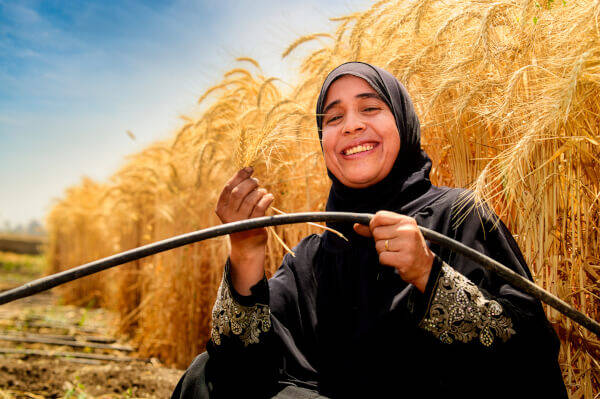
2025 also promises to be a year of growth for ICARDA. A refreshed resource mobilization strategy will further fortify our financial resilience in a fast-changing global context. This will enable us to strengthen our institutional capacity through continued investments in our talented staff and targeted recruitment to address science and support gaps. These efforts will ensure ICARDA’s trajectory as a leading force in dryland agri-research remains on track, while expanding our reach and impact globally.
As the year closes, I would once again like to sincerely thank ICARDA staff, partners, and our funders for enabling our work, as well as their unwavering dedication to keeping the organization at the forefront of global dryland agri-research and bringing the best of science and innovation to the farming communities in our region. Together, let's continue to drive cooperation, foster positive changes in agri-food systems, and build a brighter future for the millions of people who call Central and West Asia, North Africa, and the Middle East home.
I wish you and your loved ones prosperity and health.
Aly Abousabaa,
CGIAR Regional Director, Central and West Asia and North Africa (CWANA), and Director General, ICARDA
-------------------------

